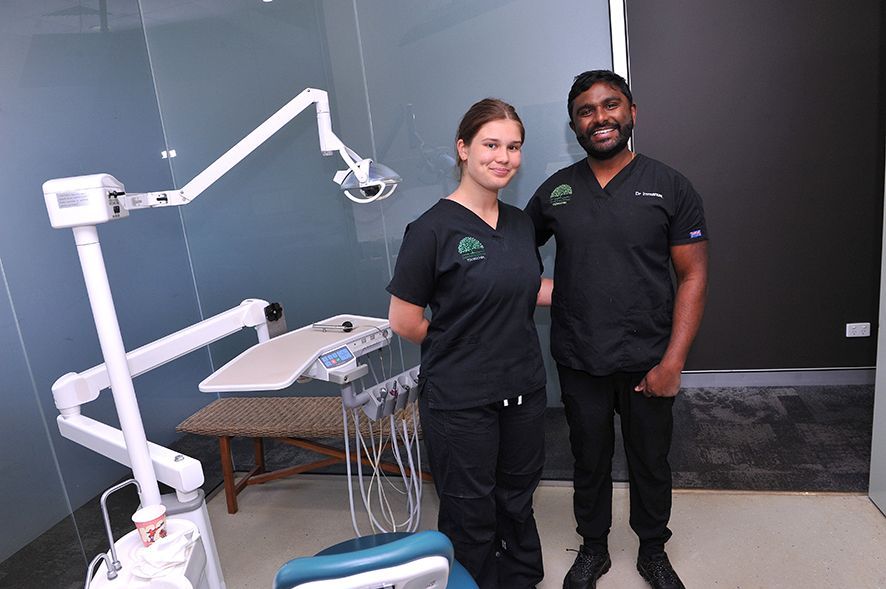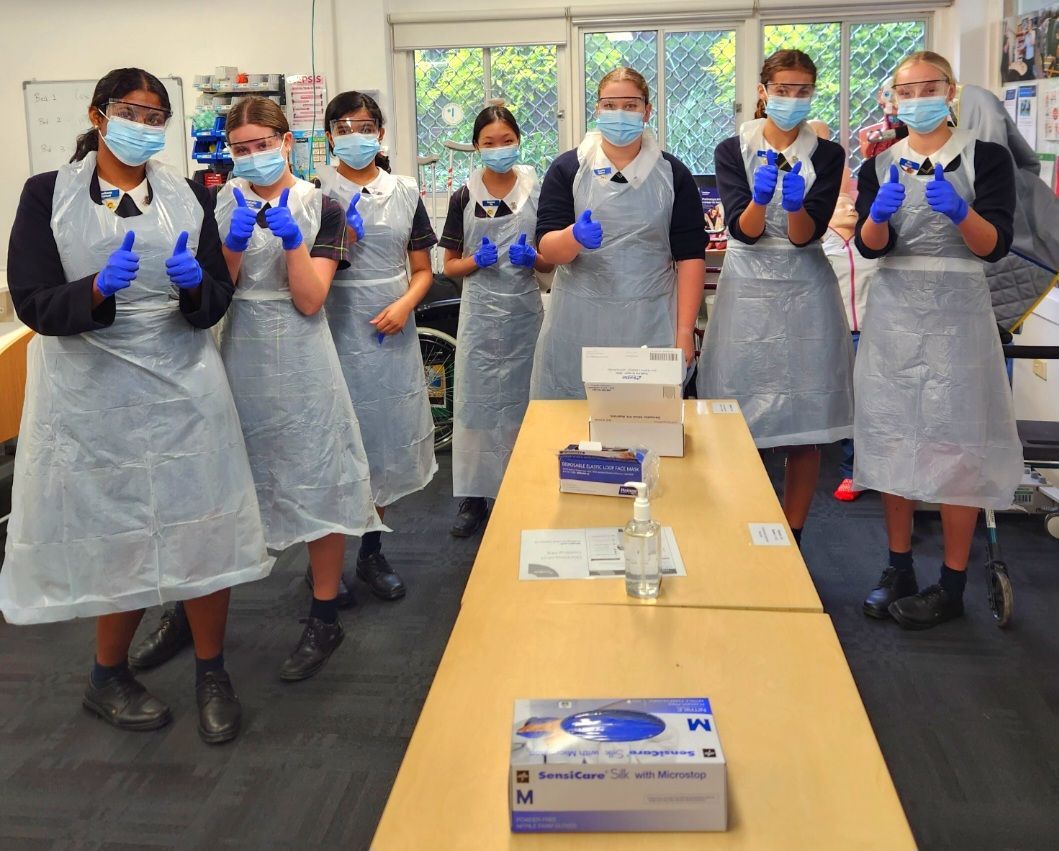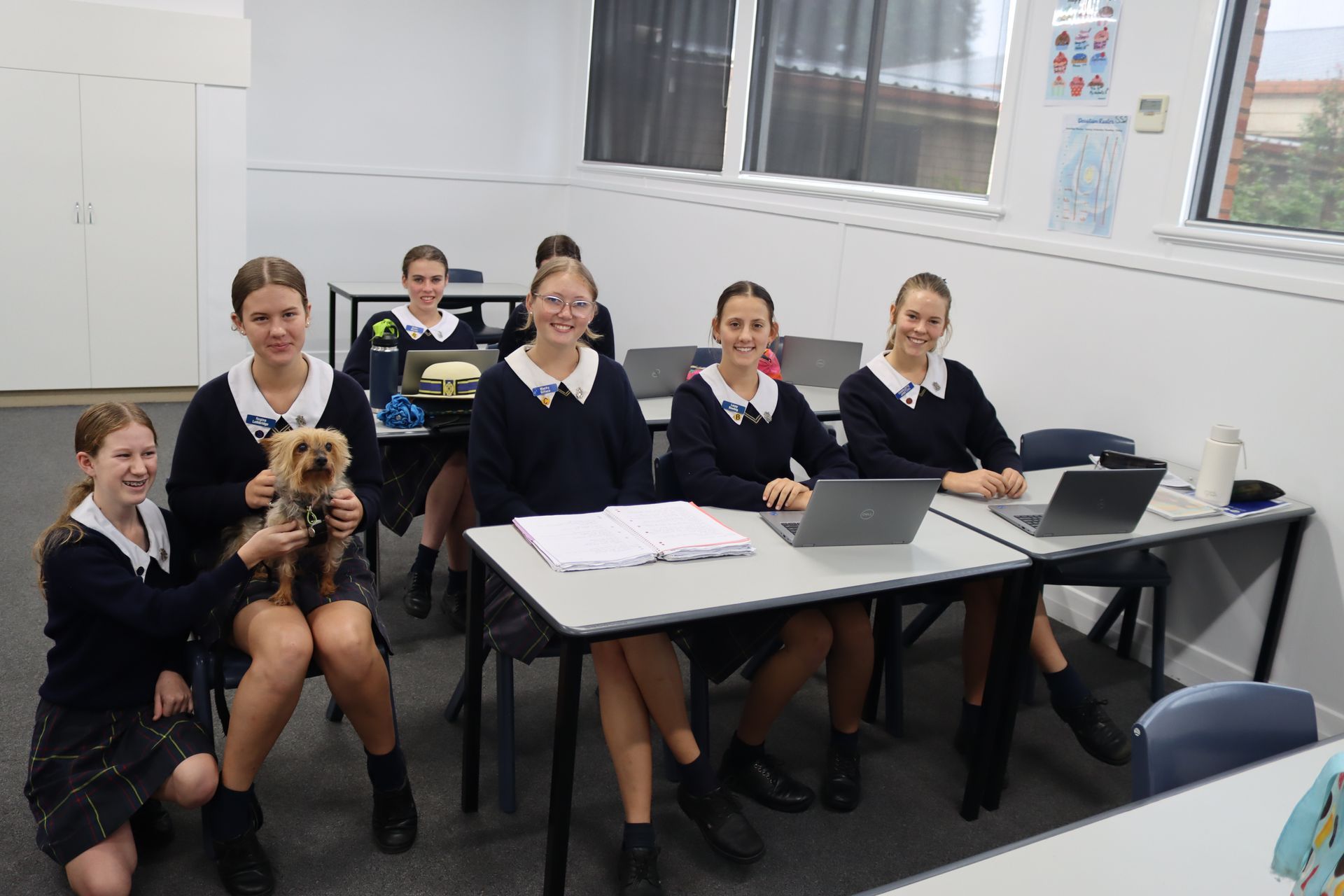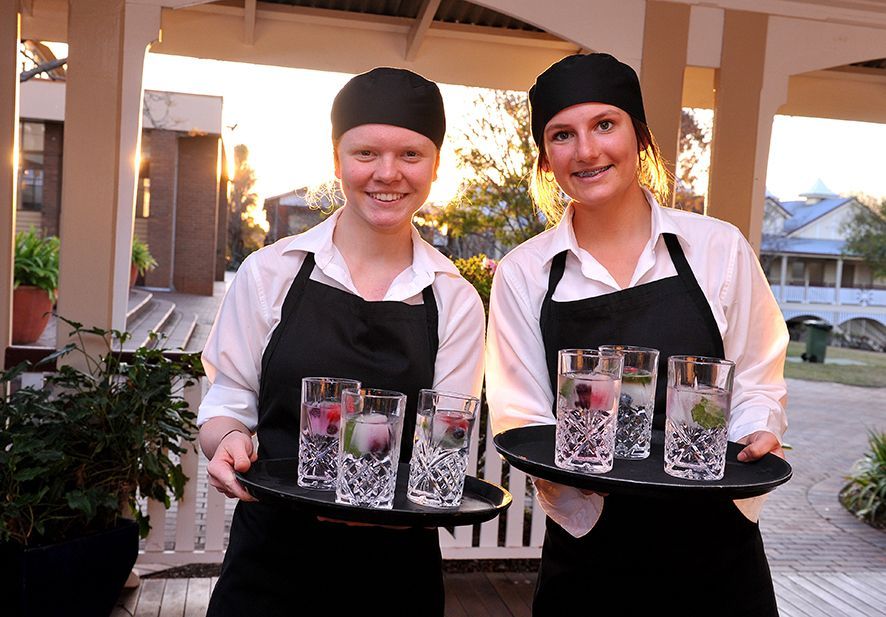Preparing for life beyond Holme
For our Senior girls on the verge of moving from Year 12 into life beyond the tartan, feeling prepared and confident to write their next chapter is crucial.
The Â鶹ÊÓƵCollege Pathways Programs are designed to empower each girl to explore their unique career interests long before they reach graduation, ensuring they are equipped to make informed choices about their future study, work, and career pathways.
‘Not only to do all our girls in Years 10, 11 and 12 create an exciting and authentic career plan, but they also get hands-on opportunities to explore what is available outside of traditional subject offerings early in their Senior schooling,’ explains Fairholme’s Head of Pathways, Laura Anderson.
‘Gaining a nationally recognised industry qualification and valuable workplace experience while at school, can enhance students’ tertiary pathways and provide our girls a competitive edge when entering the workforce directly after Year 12, or beforehand.’
‘We are thrilled to see so many of our girls experience success in their ATAR subjects, tertiary study and careers, all due to our dynamic the range of opportunities they can access through the Pathway Centre Programs,’ Ms Anderson says.
‘Last year, 98% of our students graduated from Â鶹ÊÓƵwith one or more Vocational Education qualifications. In addition to this, some Year 12s left Â鶹ÊÓƵwith a first-year university course already in their portfolio.
‘These qualifications can assist our girls with direct entry into university, enhance scholarship and job applications, contribute to ATAR results, and provide employment options. ‘A bonus to our Pathways Programs and the Year 10 Specialist Electives is that a Certificate III, IV or Diploma level qualification can contribute directly to a student’s ATAR calculation.
This stand alone, nationally recognised qualification can also be used as an alternative pathway into some universities across Queensland. This gives many of our girls the peace of mind of a guaranteed minimum alternative rank that can be used as an ATAR equivalent result.’
In 2024, Â鶹ÊÓƵstudents are working towards completing 19 diverse qualifications, covering specialist electives from Aviation, Hospitality, Agriculture and Electrical Technology to Design Fundamentals, Teacher of Dance, Fitness, Education Support and Business.
‘Currently, our most popular courses include Certificate II in Health Support Services, Certificate III in Health Services Assistance, Diploma of Business, Certificate III in Fitness (including Cert II Sports Coaching) and Certificate II/III in Hospitality.’
Many of these courses are delivered on-campus by external training providers and high-quality partner organisations, such as Mater Education.
‘Our on-campus Â鶹ÊÓƵHealth Hub provides a 3-bed simulated hospital ward with Allied Health Station, enabling our Health, Allied Health and Medical students to train in Toowoomba, while also accessing the high-quality training opportunity Mater Education delivers out of the Mater Hospital in Brisbane.’
Each year, our Â鶹ÊÓƵPathways team adapt the specialist electives to meet demand and cater to the students’ interests.
‘One of our students this year is working towards achieving her Recreational Pilot Licence. Although not an official QCE qualification, at the end of the year she will be qualified to fly a light, single-engine aircraft.
‘Leaving Â鶹ÊÓƵwith real-world qualifications and valuable life skills puts our girls ahead of the rest, and our team of Pathways Centre staff are committed to placing our girls in the best position to launch into life beyond school.’
Discover more about Fairholme's Pathway Programs.
More News…










